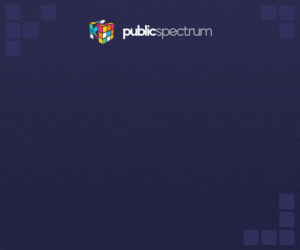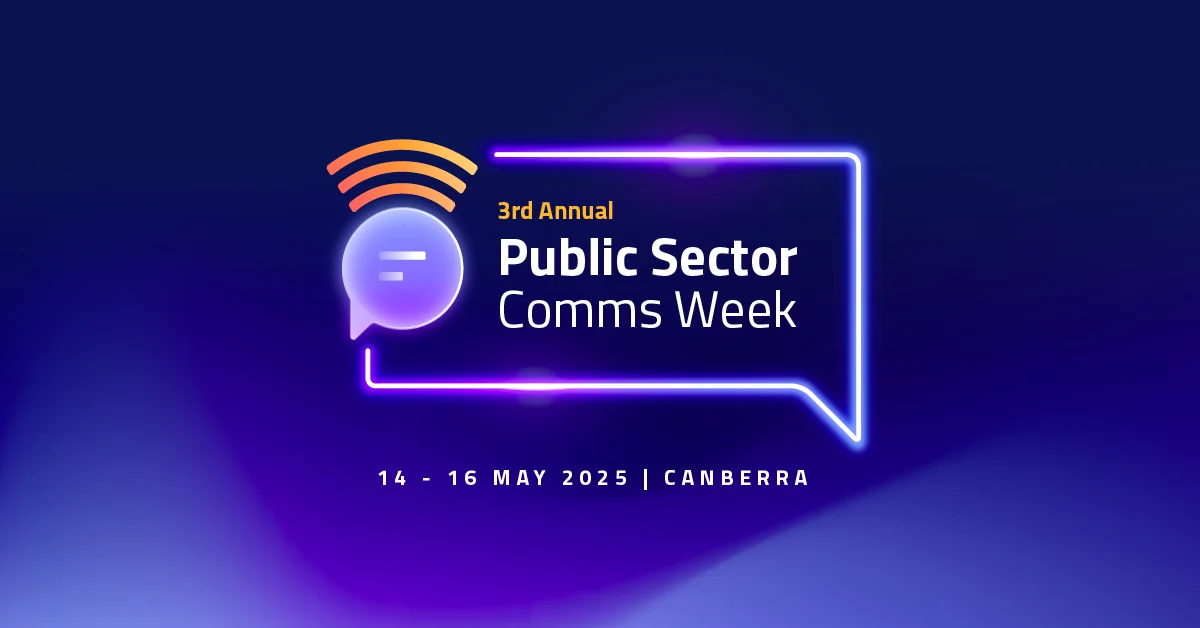5 tips to protect yourself from a cyber attack
Share

Although the final week of Cyber Security Awareness Month is coming to a close, it is still important for individuals to remain aware and prioritise their safety online in lieu of a cyber attack. Being safe within the digital space is needed now more than ever, with the ACSC reporting that cyber attacks across the country have increased by up to 13 per cent in this year alone.
As organisations move towards digitalising their businesses as a result of the pandemic, they must play their part in protecting their employees from cyber attacks such as ransomware by using strong cyber security tools. However, employees must also do what they can to keep themselves, and the organisations that they work for, safe online.
Here are some simple but effective tips you can do to protect yourself from a potential cyber attack.
Set strong passwords
Passwords are your first line of defence, so it is important that you make your password difficult to crack. One of the most common ways for hackers to break into accounts is simply by guessing passwords, so setting your password to the most common password choices such as “password123” or even your birthdate should be out of the question.
In order to prevent hackers from guessing your password, you must create a password that contains a mix of uppercase and lowercase letters, numbers and symbols. It is also ideal for you to have a different password for every account that you have since having the same password for your accounts creates a huge risk of getting them all hacked.
If you have a lot of accounts and you’re struggling to memorise their passwords, then it might be better for you to use a password managing app such as LastPass or Google Password Manager. These apps will generate and save strong passwords for you, eliminating the burden of personally creating and memorising your own passwords.
Have a multi-factor authentication
A lot of websites now have multi-factor authentication to help keep their audiences safe. People are often suggested to establish a multi-factor authentication in their accounts as it can fortify the account’s security along with a strong password.
There are many methods to having multi-factor authentication, all of which one can choose from. For example, Google offers various forms of multi-factor authentication. After entering their Google account’s password, one can receive a code via text message that they should input into the system in order to access their account. Google also has their Google Authenticator app, which generates a time-based verification code.
Using multi-factor authentication can bar hackers from accessing your account since it would need your permission to access.
Keep your devices up to date
As Australia continues to digitally transform, so does the risk of being cyber-attacked. In order to prevent getting hacked by malicious cyber actors, you need to make sure that your devices’ systems are up to date.
Cyber criminals will often exploit a system that is not updated and secure, so software updates are necessary as they often contain security patches that will fix weak spots. You should also keep your antivirus software up to date for added protection.
Stay away from phishing scams
Be wary of unknown emails coming your way, as phishing scams have become one of the most common scams Aussies have fallen for in the last year. In phishing scams, victims are usually sent an email with a link that leads to a legitimate-looking website. Victims are then made to enter personal and financial details about themselves, giving hackers the data needed to steal money from bank accounts.
While phishing scams can look legitimate, there are still signs of them being a scam. It is important to read through the email first to determine if it sounds off or not. Checking the email address is also necessary since email scams would not have the organisation’s domain name. If you still have doubts, it’s best to contact the organisation regarding the phishing email.
Secure your internet connection
With more people turning towards remote working, it is important to know that one can get hacked through their Wi-Fi. A Wi-Fi router sends a signal through the air that connects it to the internet.
By having a password to your Wi-Fi, you can prevent other people from connecting their devices to your network and using it to commit crimes and steal personal information. Likewise, it is also important that you remain cautious when connecting to public Wi-Fi networks as they do not have enough security to protect your personal information.
5 tips to protect yourself from a cyber attack
The end of Cyber Security Awareness Month does not mean the end of staying vigilant online. As organisations increasingly turn towards digitalisation, so does the risk of a cyber attack.
And while these organisations can utilise cyber security tools, people should also play their part in protecting themselves in the digital world. This will not only be beneficial for them personally, but it will also strengthen the cyber capability of the company they work with.
Eliza is a content producer and editor at Public Spectrum. She is an experienced writer on topics related to the government and to the public, as well as stories that uplift and improve the community.






















